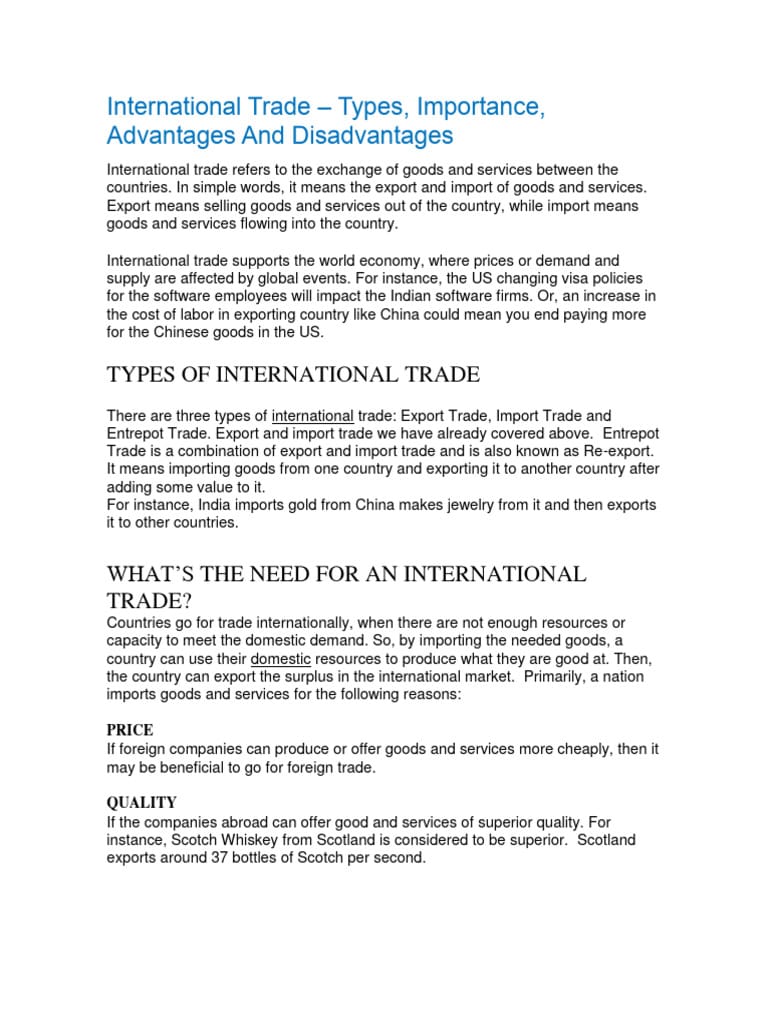In recent developments, two of the largest technology companies in the world, Meta and Amazon, have made headlines by announcing a reduction in their diversity initiatives. This decision comes at a time when political dynamics in the United States are shifting, particularly with the potential return of Donald Trump to the White House. The implications of this move are significant, as they reflect broader trends in corporate America regarding diversity, equity, and inclusion (DEI) efforts.
Meta, the parent company of Facebook, Instagram, and WhatsApp, has been a vocal advocate for diversity and inclusion in the workplace. Over the past few years, the company has implemented various programs aimed at increasing representation among its workforce, particularly for underrepresented groups. However, recent statements from company executives indicate a strategic pivot away from these initiatives. The reasons cited include a need to streamline operations and focus on core business objectives, which some analysts interpret as a response to the changing political climate.
Similarly, Amazon has also announced a scaling back of its diversity programs. The company has invested heavily in initiatives designed to promote diversity within its workforce and supply chain. However, as the political landscape evolves, Amazon’s leadership has expressed a desire to reassess these programs. The decision has sparked discussions about the sustainability of diversity initiatives in the face of potential political backlash and economic pressures.
The timing of these announcements is particularly noteworthy, as they coincide with the growing likelihood of Donald Trump’s return to the presidency. Trump’s administration was marked by a controversial approach to diversity and inclusion, often prioritizing different agendas that some critics argue undermined efforts to promote equity in the workplace. As the political environment shifts, companies like Meta and Amazon may be recalibrating their strategies to align with anticipated changes in federal policies and public sentiment.
Critics of the decision to scale back diversity initiatives argue that such moves could have long-term consequences for corporate culture and employee morale. Diversity programs are often seen as essential for fostering an inclusive workplace where all employees feel valued and empowered. The reduction of these initiatives may lead to a perception that companies are retreating from their commitments to social responsibility, potentially impacting their reputation among consumers and investors.
Moreover, the implications of these decisions extend beyond the companies themselves. The tech industry has been at the forefront of advocating for diversity and inclusion, setting a precedent for other sectors to follow. If major players like Meta and Amazon begin to retreat from their diversity commitments, it could signal a broader trend that influences corporate behavior across various industries. This shift may also affect the talent pool, as prospective employees increasingly seek out companies that prioritize diversity and inclusion in their hiring practices.
In response to the backlash surrounding these announcements, both Meta and Amazon have emphasized their ongoing commitment to diversity, albeit in a more limited capacity. Executives from both companies have stated that while they are reassessing their diversity initiatives, they remain dedicated to fostering an inclusive workplace. However, the specifics of how these commitments will be maintained in the absence of robust programs remain unclear.
As the political landscape continues to evolve, it is likely that other corporations will be closely monitoring the actions of Meta and Amazon. The decisions made by these tech giants may serve as a bellwether for how businesses navigate the complexities of diversity and inclusion in a politically charged environment. Stakeholders, including employees, consumers, and investors, will be watching closely to see how these changes impact corporate culture and overall business performance.
In conclusion, the recent announcements by Meta and Amazon to scale back their diversity initiatives reflect a significant shift in corporate strategy amid changing political dynamics. As the potential return of Donald Trump looms, these companies are reassessing their commitments to diversity and inclusion, raising important questions about the future of such initiatives in the corporate world. The long-term effects of these decisions will likely resonate beyond the tech industry, influencing how businesses approach diversity in an increasingly polarized environment.



